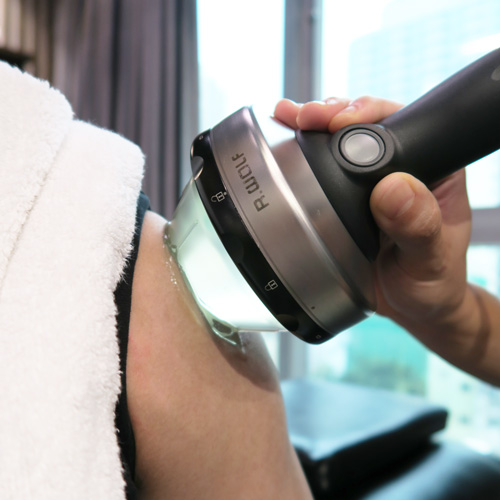Common Conditions
Frozen Shoulder
Types, Symptoms and Treatments

Understanding Frozen Shoulder
Frozen shoulder, also known as adhesive capsulitis, is a condition characterized by pain and stiffness in the shoulder joint. It occurs when the capsule surrounding the shoulder joint thickens and tightens, due to reduced synovial fluid and increasing scar tissue formation during natural aging process, resulting in movement restriction. People with frozen shoulder may have pain and stiffness over the shoulder region for several months or even years. The condition typically develops gradually and progresses through three stages: the freezing stage, frozen stage, and thawing stage.
Frozen shoulder is more common in individuals aged 40-60 and is frequently associated with diabetes, prolonged immobility, or previous shoulder injuries.
Symptoms of Frozen Shoulder
There are typically three stages in frozen shoulder people with different symptoms. Each of the stage may last for six to nine months, or even longer in severe cases:
Freezing Stage (Painful Stage):
- Persistent pain in the shoulder, especially at night
- Increasing stiffness with progressive loss of movement
- Symptoms last from weeks to several months
Frozen Stage (Stiff Stage):
- Reduced pain, but significant restriction in shoulder movement
- Difficulty with overhead and rotational movements
- Symptoms last between 4 to 12 months
Thawing Stage (Recovery Stage):
- Gradual improvement in shoulder mobility
- Slow return to normal function
- Full recovery may take months to years
Causes and Risk Factors
The exact cause of frozen shoulder is not fully understood, but the following factors increase the risk:
- Age & Gender: Most common in individuals aged 40-60, with a higher prevalence in women
- Diabetes: Increased risk due to changes in connective tissue and inflammation
- Prolonged Immobilization: Shoulder injuries, post-surgical immobilisation, or extended periods of inactivity can lead to stiffness
- Other Medical Conditions: Thyroid disorders, cardiovascular diseases, and Parkinson’s disease are associated with frozen shoulder

